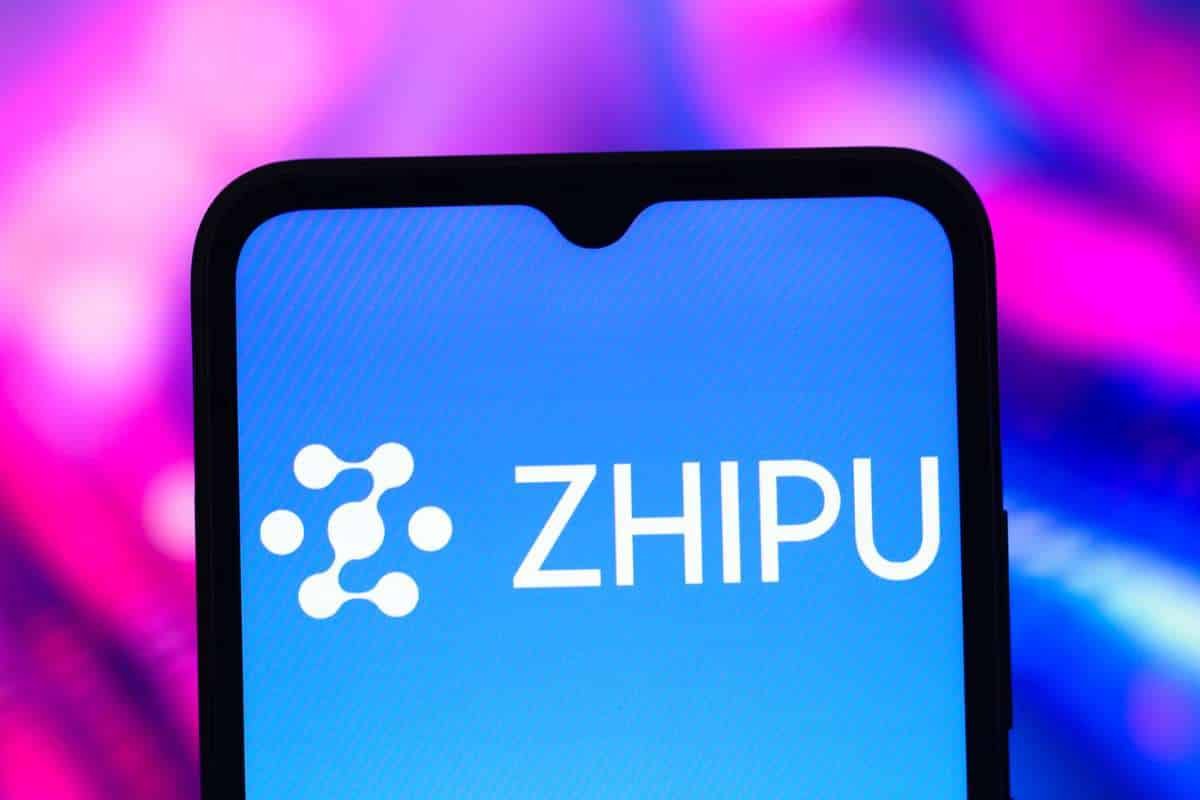In a recent blog post, OpenAI has spotlighted Chinese AI start-up Zhipu AI for its rapid expansion into non-Western markets, highlighting the company’s role in China’s strategy to reduce reliance on American technology. According to OpenAI analysts, Zhipu AI has made “notable progress” in delivering AI infrastructure to governments and state-owned enterprises in regions like Southeast Asia, the Middle East, and Africa. This effort aligns with China’s broader Belt and Road Initiative and its ambition to lead in cutting-edge technologies globally.
Described by OpenAI as “China’s answer” to its international projects, Zhipu AI is positioning itself as a competitive alternative in the global artificial intelligence landscape. The aim, as noted in the blog, is to establish Chinese systems and standards in emerging markets before Western tech giants can do the same. This includes promoting a “responsible, transparent, and audit-ready” image of Chinese AI.
Zhipu AI, which did not immediately respond to OpenAI’s statements, is seen as a national contender in creating a globally competitive, self-sufficient AI ecosystem, an effort backed heavily by the Chinese government and major investors.
OpenAI Maintains Cautious Stance Amid US-China Tech Rivalry
OpenAI’s comments come amid intensifying global competition in AI development, particularly between the United States and China. Although OpenAI CEO Sam Altman has previously expressed an interest in collaborating with China, the company continues to restrict access to its flagship services like ChatGPT within the country.
The post also references OpenAI’s earlier appeal to the White House in March, where the company emphasized the need for regulatory adjustments to ensure American AI firms can compete effectively with Chinese counterparts. It warned that if U.S. firms face tighter data restrictions compared to Chinese developers, the global AI race could be compromised in favor of China.
In May, OpenAI launched its “OpenAI for Countries” initiative, aimed at building localized AI infrastructure in partnership with governments, especially in alignment with U.S. interests. This mirrors China’s “Digital Silk Road” strategy, which Zhipu AI is now spearheading across multiple regions using local hardware and AI tools.
Zhipu’s Strategic Growth and Controversies
Zhipu AI, a spin-off from Beijing’s elite Tsinghua University, is one of China’s “four AI tigers,” alongside Baichuan, Moonshot AI, and MiniMax. With backing from major tech firms like Alibaba and Tencent, as well as state and venture funding, the company is pushing for a global footprint.
In April, Zhipu submitted pre-IPO documents to China’s securities regulator, signaling plans for a public listing potentially as early as next year. However, its global ambitions have not come without controversy. In January, the U.S. Commerce Department added Zhipu AI to its export-control entity list, accusing it of contributing to China’s military modernization through AI development. The company has denied these claims, asserting the designation won’t significantly affect its business operations.
As both Chinese and American tech giants race to define the future of artificial intelligence, Zhipu’s emergence signals Beijing’s determination to secure a leading role on the global stage.










